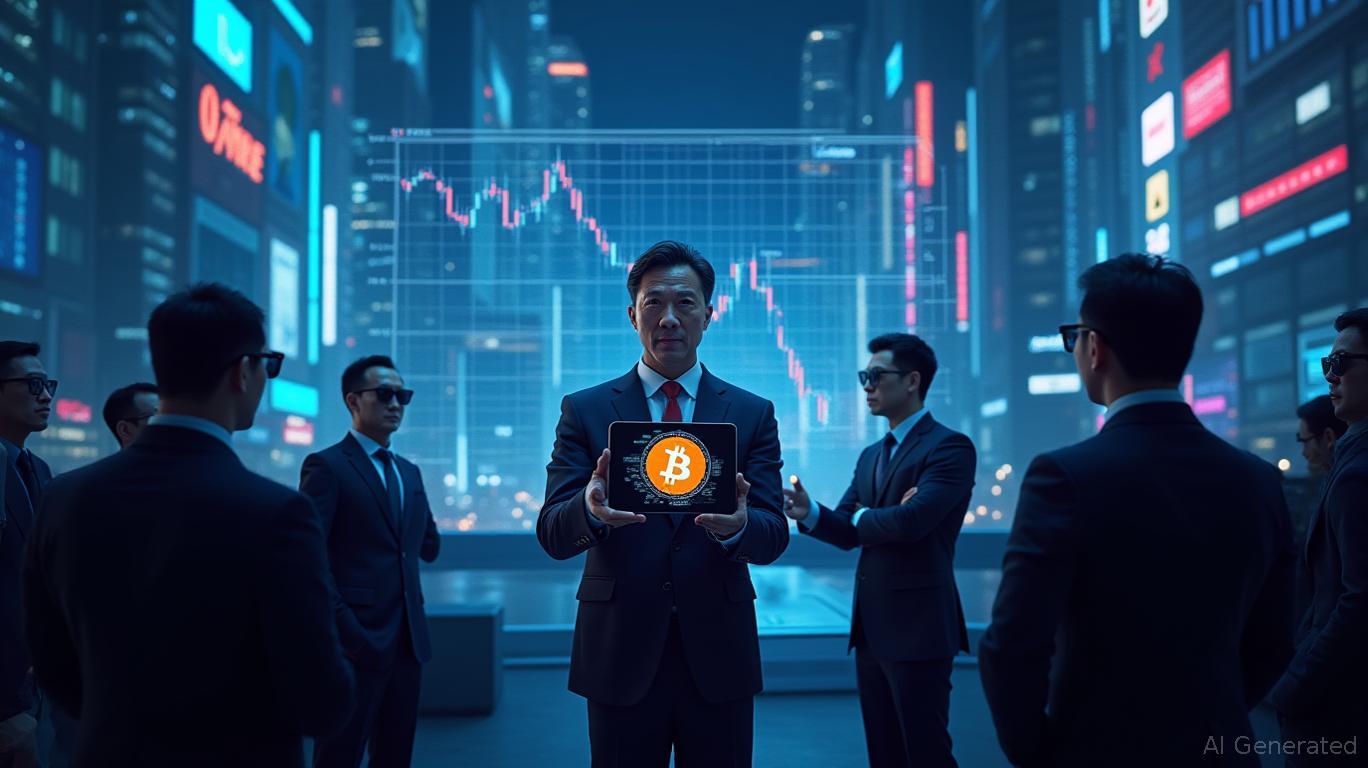Bitcoin News Today: Japan Seeks Bitcoin as Economic Insurance in Digital Era
Japan is reportedly exploring the idea of establishing a strategic Bitcoin reserve following a high-profile meeting with Samson Mow, a leading Bitcoin advocate and founder of Digital Currency Group. This move signals a growing interest in integrating cryptocurrencies into national financial strategies and marks a potential shift in how governments view digital assets as part of broader economic resilience and long-term fiscal planning [1].
The development comes amid increasing global interest in Bitcoin as a strategic reserve asset. Notably, the Philippines has already introduced a similar proposal, the Strategic Bitcoin Reserve Act, which aims to accumulate 10,000 BTC over five years with a 20-year lockup period. The bill, introduced by Congressman Miguel Luis Villafuerte, outlines stringent requirements, including annual purchases and secure cold storage, to ensure the integrity and long-term value of the asset [2]. This initiative, if passed, would position the Philippines as one of the first countries in Asia to formally legislate a sovereign Bitcoin reserve.
Japan's potential move appears to be influenced by similar efforts in other nations. The country’s central bank and policymakers are reportedly evaluating how a Bitcoin reserve could serve as a hedge against economic volatility and diversify national assets. Such a strategy aligns with global trends, as countries like El Salvador, Bhutan, and even the United States have already incorporated Bitcoin into their financial portfolios, either through direct purchases or through law enforcement seizures [3]. The U.S., for example, holds significant Bitcoin reserves, though these have largely come from confiscated assets rather than scheduled acquisitions.
The Japanese government’s current initiative involves Metaplanet Inc., a company known for its aggressive investment in Bitcoin. In a recent move, Metaplanet announced plans to raise ¥130.3 billion ($880 million) through an international share offering to fund further Bitcoin purchases and related options trading [1]. This underscores the growing institutional appetite for Bitcoin in the country and hints at a broader strategy that could extend to the national level.
Experts suggest that while Bitcoin’s volatility remains a concern, its potential for long-term value appreciation and its low correlation with traditional assets make it an attractive option for sovereign portfolios. Congressman Villafuerte’s argument for the Philippines highlights the importance of securing strategic assets to bolster financial stability and national interests [2]. In Japan, the prospect of a strategic Bitcoin reserve is still in the evaluation phase, but the conversation is clearly gaining momentum.
As governments worldwide explore ways to integrate digital assets into national strategies, the actions of Japan and the Philippines reflect a broader shift in perception. Whether these initiatives succeed will depend on regulatory support, market conditions, and the long-term performance of Bitcoin as a store of value. For now, the focus remains on assessing the feasibility of a sovereign Bitcoin reserve and how it might contribute to economic resilience in an increasingly digital financial landscape.
Source:
